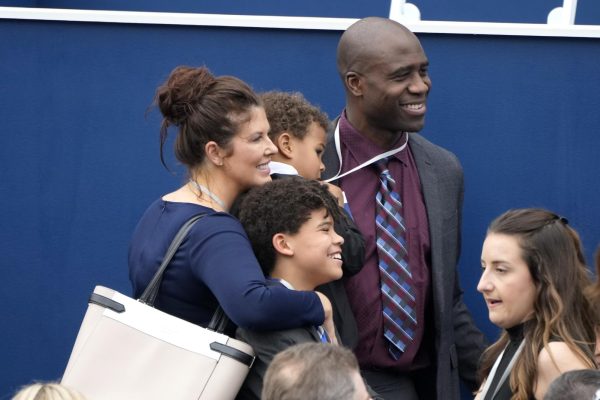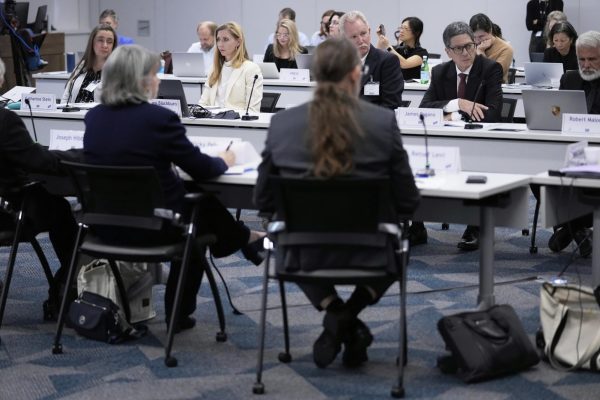
Every year, some new sickness makes its rounds through school. From a cough to a fever, infections spread through the student body like clockwork. So, then, why does the Florida government think revoking vaccine mandates will do the public good?
As the surgeon general for Florida, Joseph Lapado’s role is to guide public knowledge on medical care and protect the health of Florida residents.
Still, early in September, he said, “Who am I to tell you what should be put in your child’s body?” during his announcement of this new policy direction.
And, according to ABC News, he later added that “every last [vaccine mandate] is wrong and drips with disdain and slavery.”
Currently, the revoked vaccine mandates are for hepatitis B, chickenpox, Haemophilus influenzae type b (Hib), and pneumococcal conjugates, with Ladapo suggesting the state legislature could remove the rest.
However, using parental choice as a defense for this action ignores pre-existing exemptions for vaccine mandates. Medical and religious grounds are accepted as reasons for not inoculating children.
Both require only a single form to be filled out and, at least in religious cases, for it to be shown to a child’s school before enrollment. Through this, parental choice has already been protected while retaining a standard for public health.
A vaccine’s ability to protect people is made even stronger through herd immunity—i.e., when 95% or more of a population is inoculated.
However, in the U.S., vaccination rates have been dropping: in one example, the number of kindergartners vaccinated against measles has fallen to 92.5%, according to a recent article by the Associated Press.
The effect of this decrease in vaccinations can be seen in the recent outbreaks of measles that resulted in the deaths of three unvaccinated individuals—two of whom, the Associated Press reports, were elementary-aged children.

Florida’s revocation of its vaccine mandates has been criticized by both sides of the U.S. political spectrum.
In a comment to Fox News, Donald Trump said, “I think you have to be very careful when you say that some people don’t have to be vaccinated. It’s a very tough position…it’s a tough stance,” about the surgeon general’s announcement.
Other conservative lawmakers have pointed out the pitfalls of allowing vaccination to go by the wayside as well, joining Democratic voices. Hardly any voices could be found in support of this policy change, aside from one opinion piece on USA Today that argued for a federal revocation of vaccine mandates following Florida’s.
In it, the writer makes vague claims about “the science” without providing any specific sources, making it difficult to verify their claims of overvaccination. While some writing could be found on this subject, the majority of it focuses on COVID-19 boosters, rather than the vaccines Florida intends to remove mandates for, or is out of date.
In the end, it comes down to the fact that the actions of the Florida government are not only unnecessary but dangerous. Public health is a public concern, and as such it must be taken seriously by everyone—from the politicians to the people. Education is the first step.
Understanding vaccines and their efficacy is vital to truly promote health, be it for the public or the individual.


